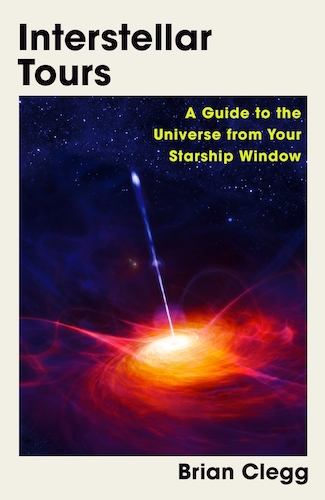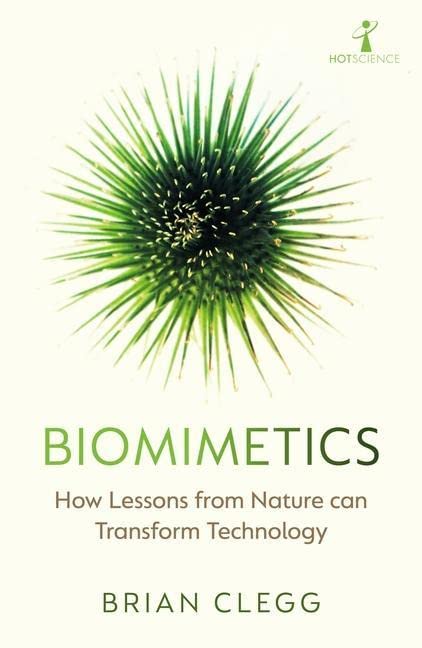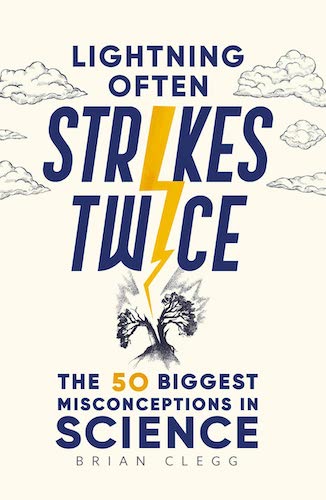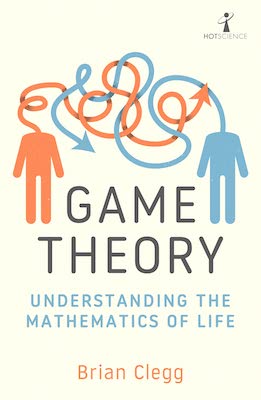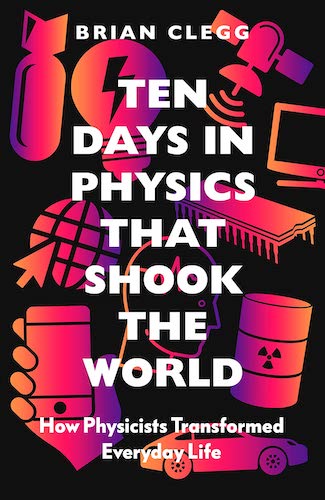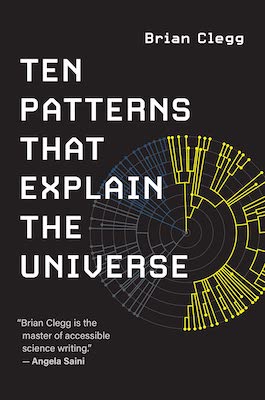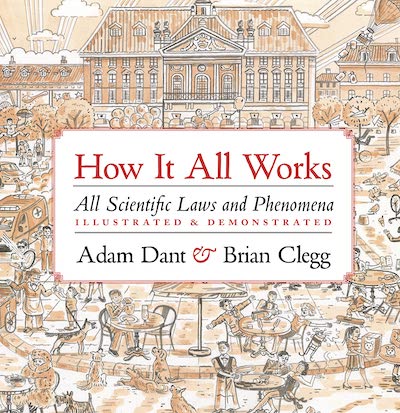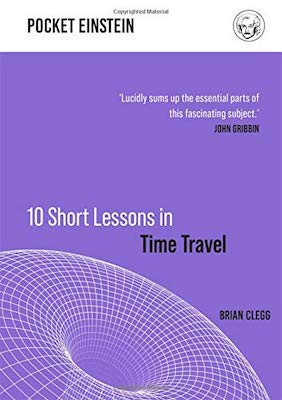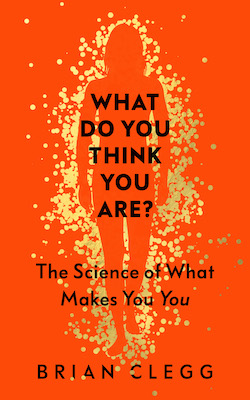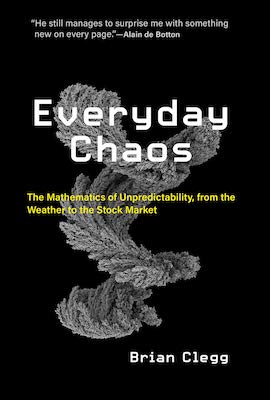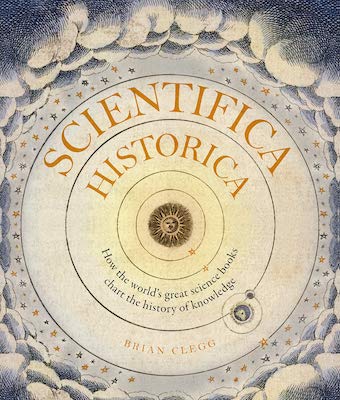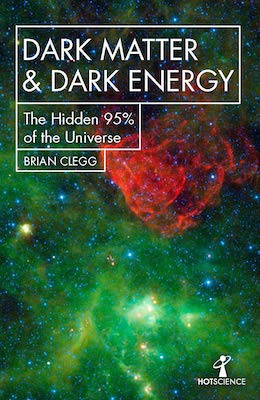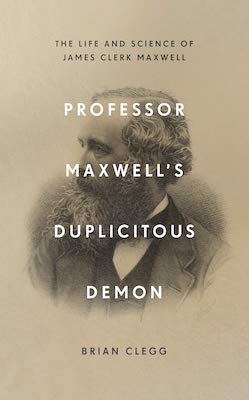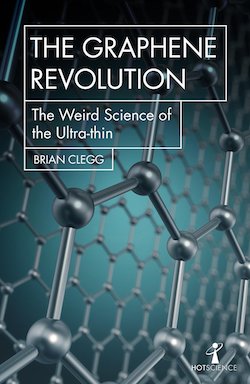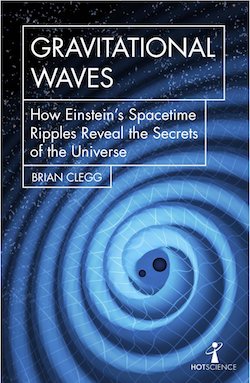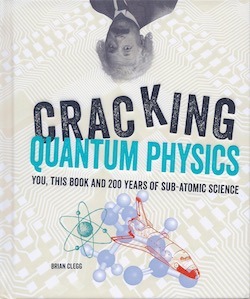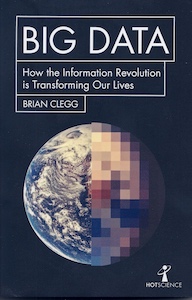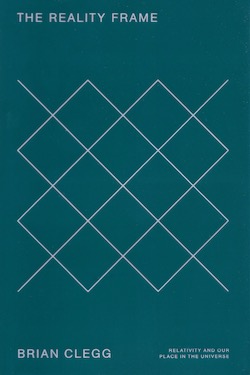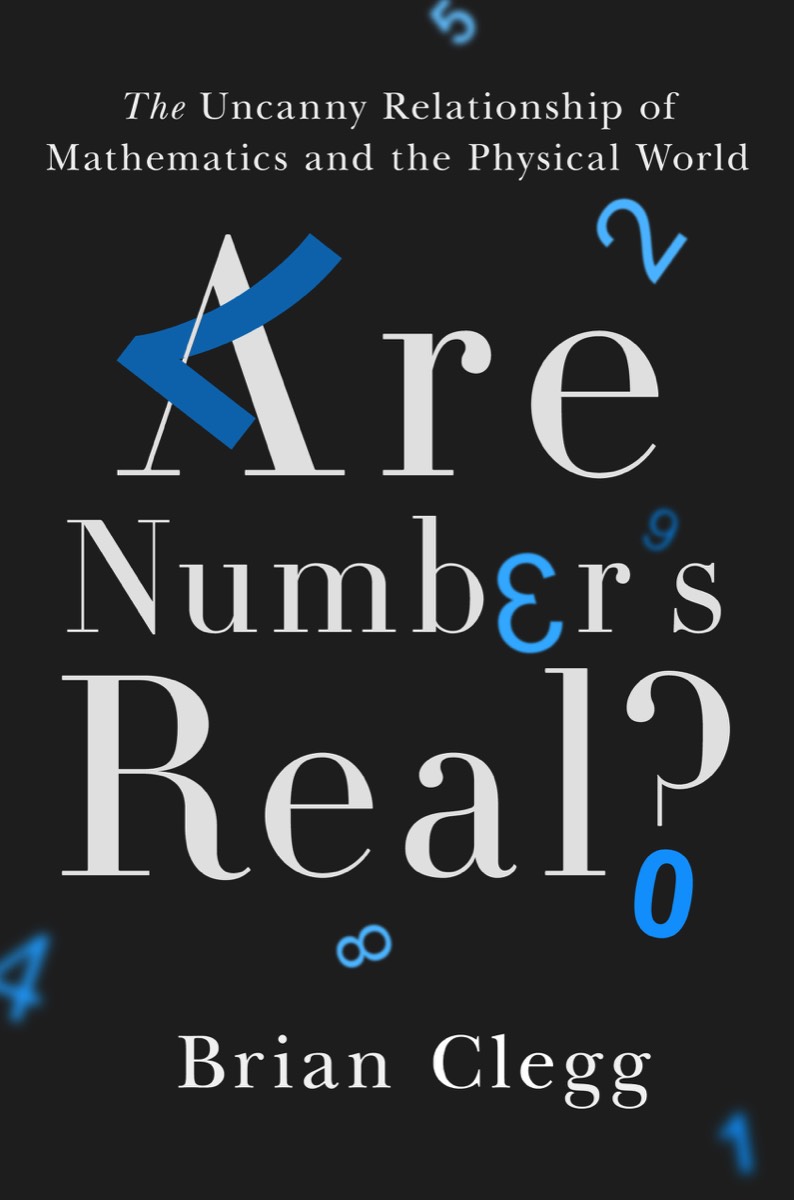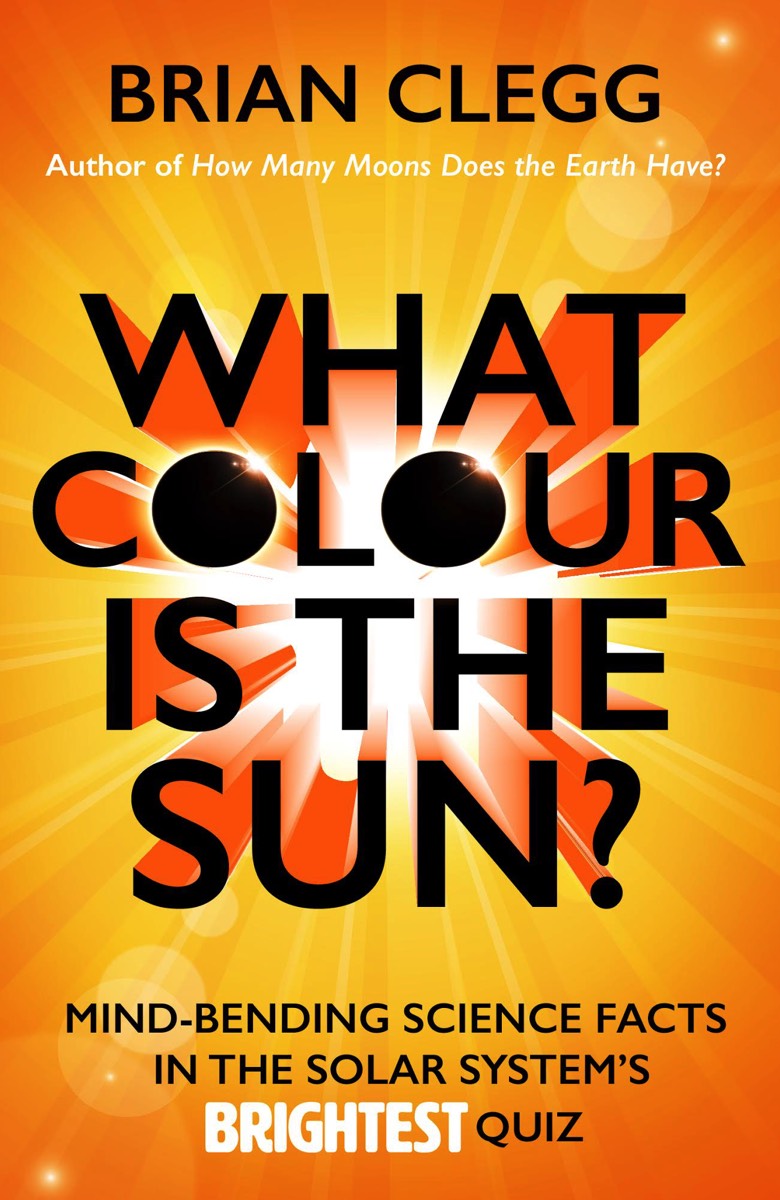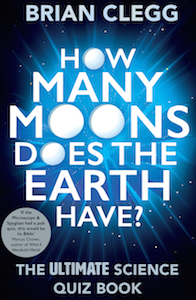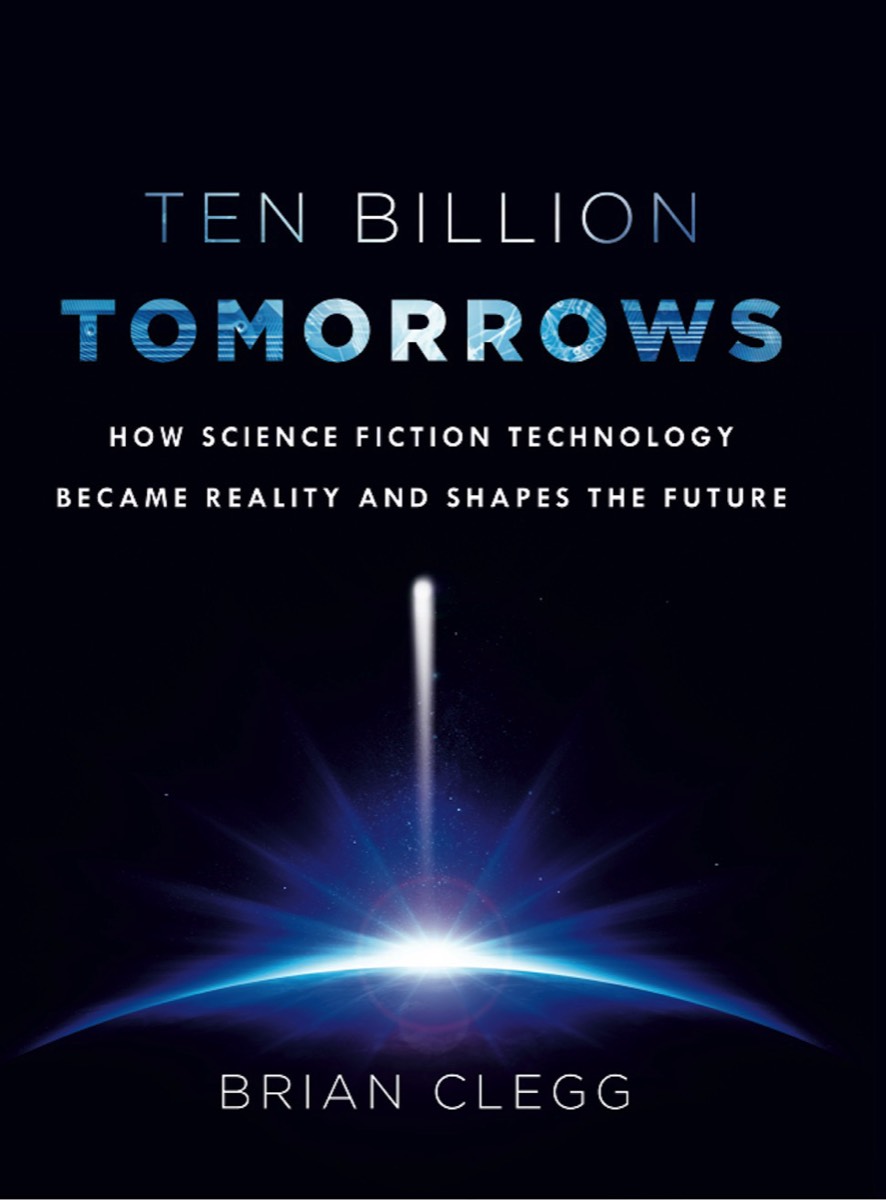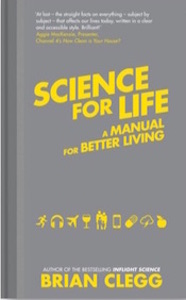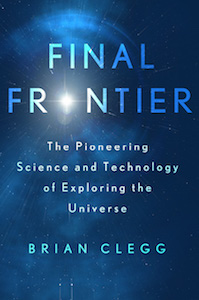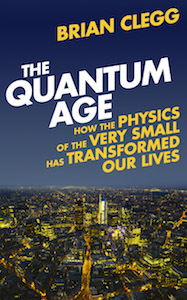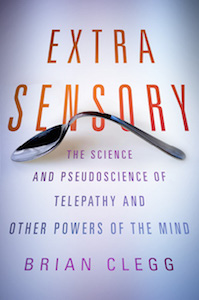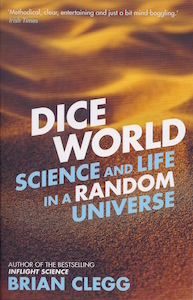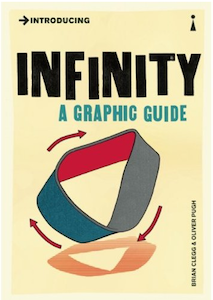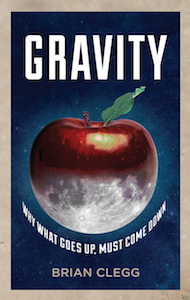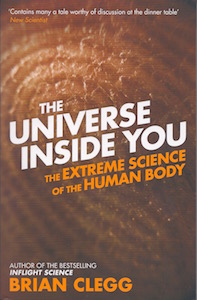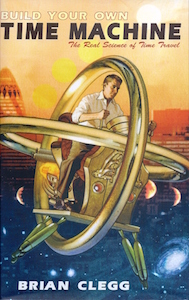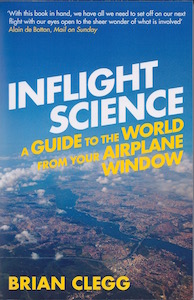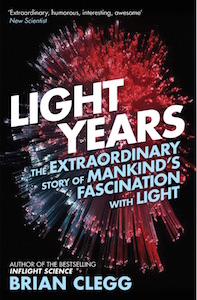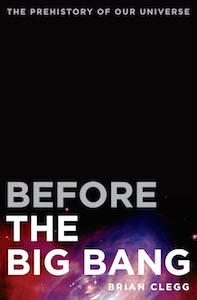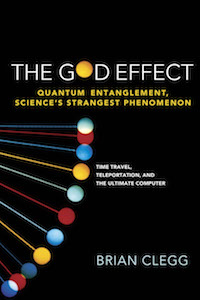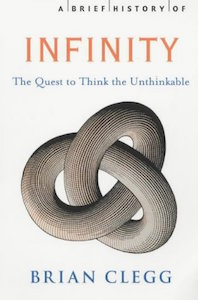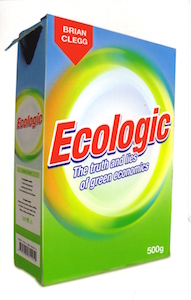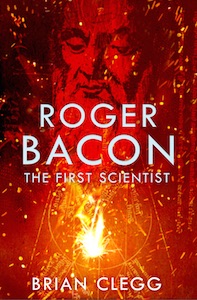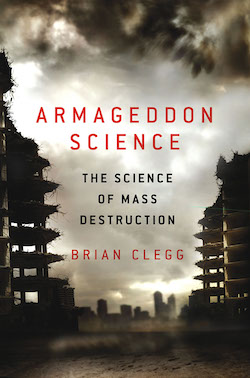
Armageddon Science
For those curious about how civilization might end, Clegg provides an ingenious, well-executed narrative of the many possibilities
Brian Clegg
From global warming to the threat of nuclear weapons comes a terrifying exploration of everything you want to know about potential man-made disasters but were too afraid to ask.
Climate change. Nuclear devastation. Bio-hazard. The Large Hadron Collider. What do these things have in common? They all have the potential to end our world. Not the planet - our planet is perfectly capable of looking after itself. But as far as life as we know it goes - particularly human life - the dangers are there.
Every great scientific creation of man is balanced by a non-trivial of danger – there is no progress without risk. Armageddon Science is an authoritative look at real mad science at work today, assessing whether we are recklessly putting life on Earth at risk for the pursuit of knowledge and personal gain, or taking acceptable risks for the benefit of humanity.
This book explores the reality of the dangers that science poses to the human race, from the classic fear of nuclear destruction to the danger of annihilation by gray goo.
Combining the science behind those threats with an understanding of the real people responsible and an assessment of the likelihood of the end of the world, this isn’t a disaster movie, it’s Armageddon Science.
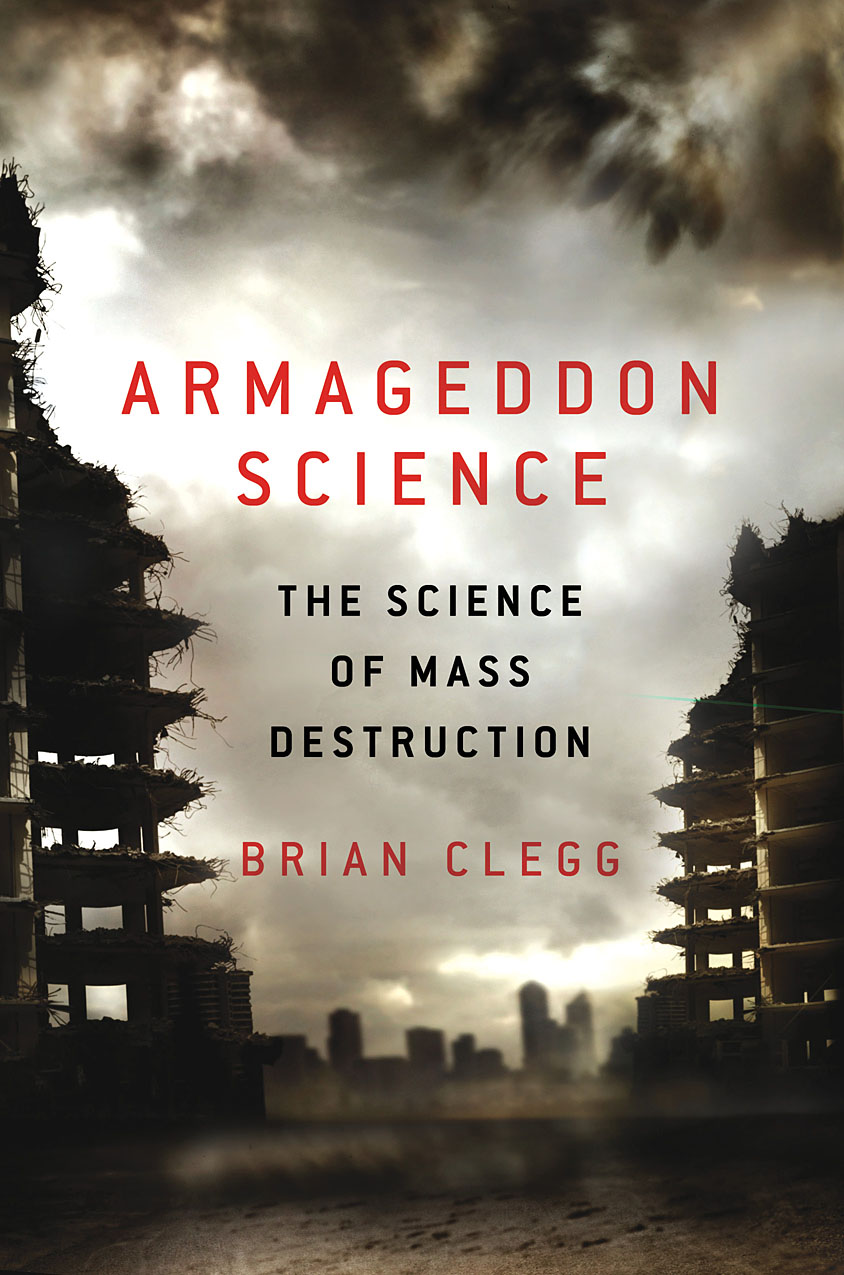
If you’d like a signed copy - it makes a great gift - purchase direct below when available. If you want a personalised inscription, just drop Brian an email at the same time with the details.
Paperback
Hardback
Kindle
Nook
Kobo
Apple
Using these links earns us commission at no cost to you
Reviews
The threats of mass destruction are many. Nuclear holocaust, global warming, killer viruses, rogue nanobots, terrorists with poison gases, and meteors from outer space colliding with Earth are just a few of the dangers to human life discussed by physicist Brian Clegg... he surprises readers with calm examinations of each threat and even offers welcomed reassurances that destruction is not imminent. But global warming is real, the information infrastructure may collapse, and natural resources are becoming scarce. Social, economic, and technical changes will be necessary to preserve civilization as we know it. Even then, the meteors may kill us. Easy to read and hard to set aside, Clegg’s new book is meant to be a balanced assessment of our chances to survive as species. Booklist (American Library Association)
Clegg explores how runaway science and other disasters might destroy humanity. He begins with the much discussed but highly speculative concerns over the operation of CERN's Large Hadron Collider. The collider is designed to recreate energies equal to those existing at the time of the big bang, which some theorists say might create a chain reaction that would dissolve the world and even the universe. Discounting the danger as hypothetical in the extreme, Clegg moves on to other possible doomsday scenarios. The short list includes nuclear bombs and nuclear power, climate change, biohazards, nanobots, the threat of transforming humans into enhanced Homo cyberneticus, and the more credible threat of a total "information breakdown." In each case he expertly describes the science and evaluates the seriousness of the threat. Clegg is an optimist and never a fearmonger. Even his discussion of climate change, a subject he admits is "depressing," ends with the options available to avoid catastrophe. Clegg ends with a call for better science education so that "the voting public" can "control science wisely." He also passionately argues that the value of science far outweighs the dangers of its misuse or of new technologies. Publishers Weekly
In Armageddon Science, author Brian Clegg doesn’t necessarily set out to scare us, as the title suggests. Instead, what he offers is a detailed examination of the real and theoretical threats that science and technology pose for humanity... The author’s examination of the dangers that threaten humanity are well informed and researched, offering us a new way of approaching the exploration of the universe. His view is far from grim; what he offers is “cautious optimism,” where the public demonstrates knowledge of the basic principles of science and accepts that it places Armageddon within our grasp. It also brings us hope. With Pandora’s Box in our hands, Clegg asks us to, “take care. But do open the box.” With this authoritative look at mad science, we’re able to do just this. Sacramento Book Review (Wendy Iraheta)
Except for complaining that the media and Hollywood invariably get it wrong, British physicist and science writer Clegg has no ax to grind. He does not aim to save humanity, but he delivers an accurate explanation of whatever might annihilate us, intermixed with castigations where the potential for disaster has been overblown... Clegg follows each with an intelligent evaluation of their efficiency as agents of mass destruction. Gas, death rays and germs have proven a disappointment, but asteroid strikes turn out to be much harder to fend off than portrayed in several movies. The modern world has grown so dependent on computer networks that their sabotage has become a growth industry that includes terrorists, entrepreneurs of spam and spyware and hobbyists sending out viruses for their own amusement. While a minor industry of experts generate predictions of calamity from human activity, Clegg points out that natural phenomena-hurricanes, earthquakes, volcanic eruptions, mass extinctions from asteroid strikes-have so far produced vastly more damage, although he concludes that burning fossil fuels may warm the world enough to prove the experts right.
For those curious about how civilization might end, Clegg provides an ingenious, well-executed narrative of the many possibilities. Kirkus Reviews
Physicist Brian Clegg assesses a range of doomsday scenarios in his book... Ultimately, he is an optimist, who hopes that better science education will help us to make the best choices about our future. Nature
Links to purchase books earn us commission at no cost to you



